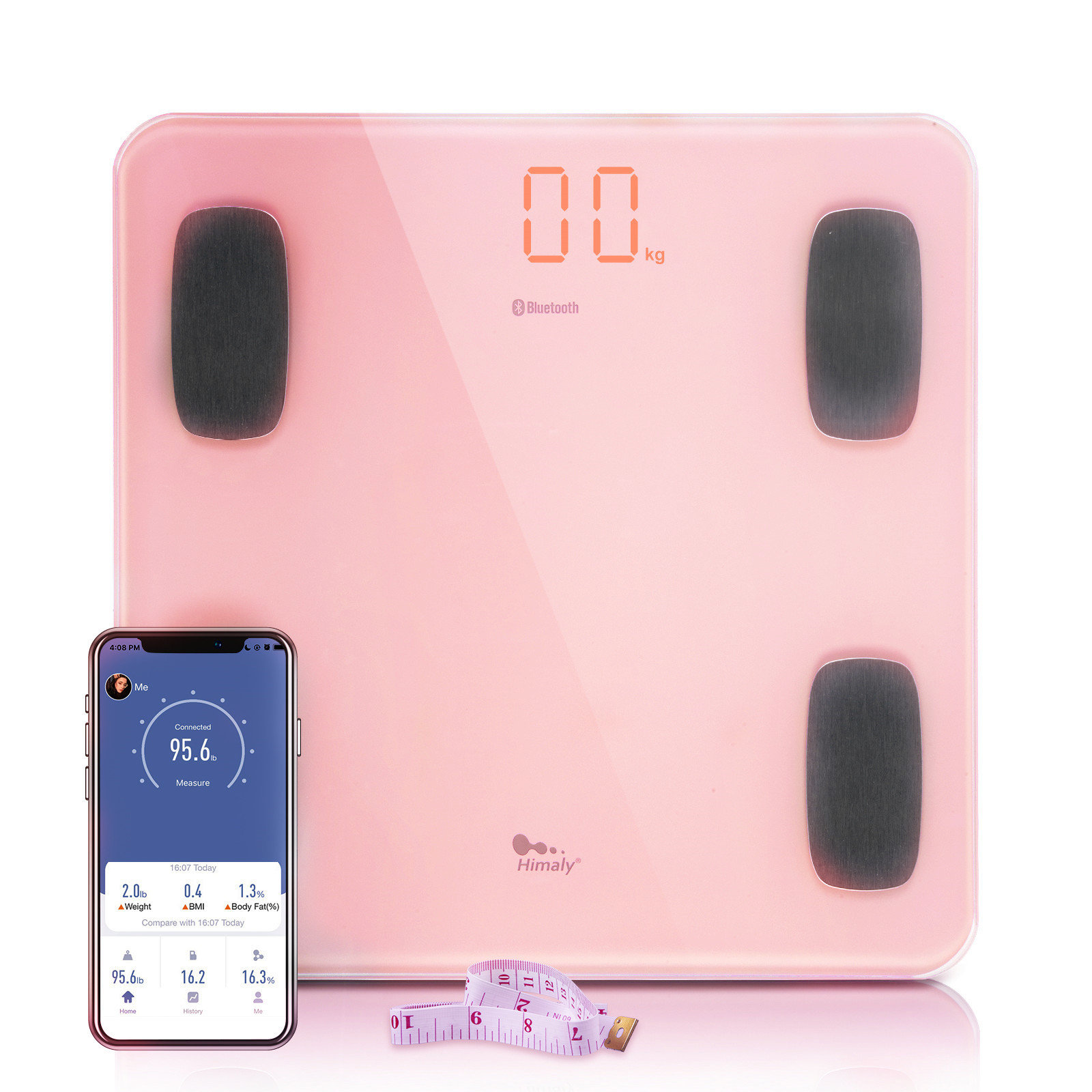Understanding Decoding Body Language Deep Dive
Understanding Decoding Body Language Deep Dive
Blog Article
If you’re exploring how body analysis can unlock hidden communication clues, you’re in the right place.
Whether you’re a beginner or already familiar with behavioral analysis, this complete guide will give you valuable insights.
Let’s dive into the fascinating world of behavioral body reading, starting with how it helps decode personality.
Why Study Body Analysis
One of the main advantages to study body analysis is to gain insights that verbal communication hides. By learning to observe posture, you start decoding intentions that others may not express verbally.
Coaches apply body reading techniques to identify fears or resistance.
This skill reduces misunderstandings and helps build trust, because you’re responding not just to words but also to what the body communicates.

Different Approaches to Body Analysis
Some practitioners focus on gestures, reading how the body carries itself to uncover emotional states or stress responses.
Behavioral body analysis also includes subtle movements, which can reveal momentary emotions even when someone tries to hide their feelings.
While these methods differ in focus, they all share a common goal: to understand the link between physical form and inner world.

How to Apply Body Analysis
Applying behavioral body reading in real life starts with observation. Begin by noticing gestures in different contexts.
In professional settings, character reading helps build rapport and improve communication. Sales professionals may observe a client’s fidgeting to gauge interest or resistance.
This skill deepens empathy because it encourages listening beyond words.
Misconceptions in Body Analysis
For example, crossed arms might signal defensiveness, but could also mean someone is simply cold or tired.
People are shaped by culture, upbringing, and experiences that go beyond physical form.
Parents use body analysis to understand children’s unspoken feelings. Teachers notice students’ posture shifts to catch disengagement.
How the “Body Explains” Model Works
According to this model, body posture may point to unconscious defenses.
In “the body explains” practice, professionals observe body segments and map them to psychological traits.
Clients working with “the body explains” methods often experience breakthroughs as they connect posture habits with emotions.
Ethical Considerations in Body Analysis
Practicing body analysis ethically means respecting privacy and avoiding stereotyping. Observing someone’s body language or traits doesn’t give license to label them without consent or dialogue.
Practitioners need cultural humility and awareness to avoid imposing biased interpretations.
When sharing insights from body analysis, it’s crucial to invite dialogue rather than declare facts.
Building Competence in Behavioral Body Reading
Over time, you’ll sharpen your ability to detect subtle cues and contextual signals.
Practicing with peers or mentors can offer feedback to avoid overinterpretation or assumption.
The goal isn’t to “catch” people hiding things but to understand human behavior more deeply.

Final Thoughts on Body Analysis
In conclusion, character traits body reading offers valuable tools for anyone seeking to understand people better.
The journey doesn’t end here: continued practice, reflection, and ethical use deepen your competence over time.
Body analysis is not about instant answers but lifelong learning.
Frequently Asked Questions About Behavioral Body Analysis
How do you define body analysis?
In simple terms, it’s about reading the body to understand the person more deeply.
Can anyone learn body reading?
Yes, anyone can learn body reading with practice and guidance.
Can body reading tell everything about a person?
It provides clues and patterns but must be contextualized and combined with dialogue.
Is body analysis useful for work?
Many industries benefit from understanding nonverbal cues for better collaboration and empathy.
How is body analysis different from reading body language?
Think of body analysis as a broader umbrella, with body language reading as one component of it.
visite o link saiba mais Report this page